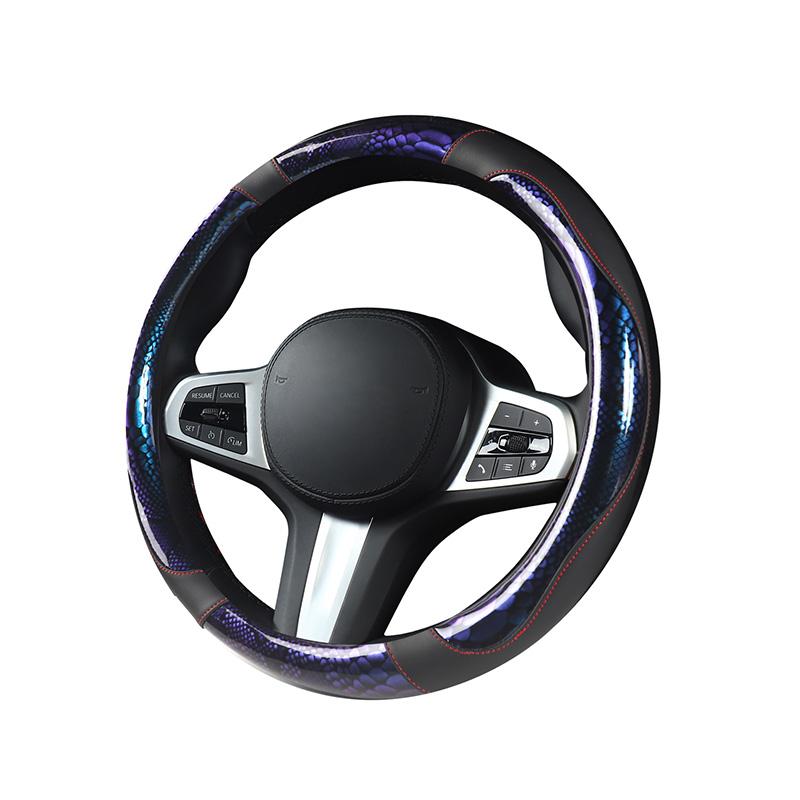The material composition of a steering wheel cover determines its performance characteristics, durability, and comfort level. Understanding these differences helps drivers select covers that match their climate, driving habits, and personal preferences. Today's market offers diverse options ranging from natural fibers to high-tech synthetics.
Leather remains a popular choice for steering wheel covers, prized for its classic appearance and natural breathability. Full-grain leather versions develop a desirable patina over time, while perforated designs enhance grip and ventilation. However, leather requires regular conditioning to prevent cracking and may not perform well in extremely humid conditions. Eco-conscious drivers often seek vegan leather alternatives that mimic these properties without animal products.
Synthetic materials like polyurethane dominate the affordable steering wheel cover market. These durable, easy-clean options resist fading and withstand frequent use. Advanced polyurethane blends now replicate the look and feel of genuine leather at lower price points. Some incorporate antimicrobial treatments to inhibit bacterial growth – a valuable feature for shared vehicles.
For performance-oriented drivers, alcantara steering wheel covers provide exceptional grip during spirited driving. This suede-like synthetic material offers superior friction in dry conditions and absorbs minimal moisture. Racing enthusiasts appreciate how alcantara maintains consistent tactile feedback during dynamic maneuvers. However, it requires more frequent cleaning than smooth materials.
Climate-specific materials have emerged in the steering wheel cover market. Neoprene works well in variable conditions, providing insulation against both heat and cold. Mesh fabrics maximize airflow in tropical climates, while thermal-lined versions benefit drivers in cold regions. Some innovative covers even incorporate phase-change materials that actively regulate surface temperature.
Eco-friendly steering wheel cover options continue expanding. Recycled polyester versions repurpose plastic bottles into durable covers, while natural fiber choices like bamboo or hemp appeal to sustainability-minded consumers. These environmentally conscious alternatives demonstrate that protection and performance don't require synthetic materials.
